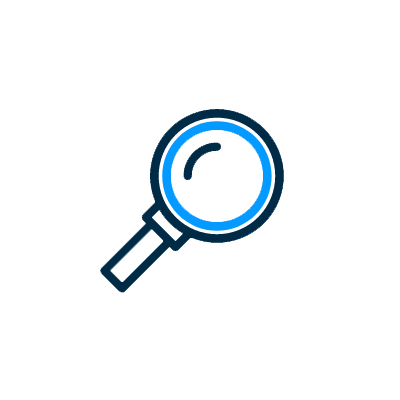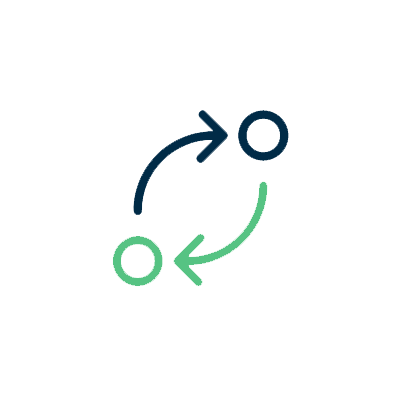
Questions and Answers
Which accounting method is best for my business? Cash or accrual accounting?
We guide you through the Goods and Services Tax (GST) accounting methods.
GST reporting is a requirement for every small business owner with an income of over $75,000, and cash and accruals are both applicable reporting methods.
Here’s our guide to the differences between the two and their suitability in the context of GST.
What is Cash Accounting?
This method records transactions when money changes hands. You recognise revenue and expenses at the time of actual receipt or payment.
The advantage of this method is the simplicity. It’s easy to understand and provides a more accurate representation of cash flow. Most small businesses choose cash as the basis of GST reporting; however, your accountant will discuss the best method for your personal circumstances.
What is Accrual Accounting?
Accruals measure a transaction by the date that it took place i.e., the date of a sales invoice or the date of a sales invoice or purchase invoice. This means that sometimes a payment doesn’t take place until much later on.
The advantage of accrual accounting is that it provides a more accurate representation of a business's financial position by matching revenues and expenses to the periods in which they occur.
Accrual accounting is generally considered more suitable for larger businesses with complex financial transactions.
Which is a better GST accounting method?
GST is calculated as: the GST collected on sales made, (which is owed to the ATO), minus the GST paid on purchases (the amount owed by the ATO to the business.)
The choice between cash and accrual accounting for GST depends on the size and nature of your business and ultimately, there is no one-size-fits-all answer. Depending on the jurisdiction, there might be legal requirements dictating which method businesses must use for GST reporting.
You should discuss your options with your accountant and they will help you to choose the method that best aligns with your size, complexity, and business model.
How do cash and accrual methods affect a Business Activity Statement (BAS)?
GST-registered businesses declare how much they’ve collected and paid by completing a BAS. The ATO then uses this information for working out your GST refund or bill.
If using the cash basis, the GST stated on your BAS covers the period in which you receive payment for your sales and expenses.
GST on an accrual basis, is GST payable on all sales and purchases you have received an invoice for, during the BAS statement – even if you are yet to receive the payment.
How we can help
Your local TaxAssist Accountant can prepare your BAS Return and they will try to ensure that you claim as much GST as possible.
Contact us today for a free consultation and we can explain more about our services and how we can help. Call us on 08 6245 7506 or contact us here.
Date published 20 Jan 2024 | Last updated 24 Jan 2024
This article is intended to inform rather than advise and is based on legislation and practice at the time. Taxpayer’s circumstances do vary and if you feel that the information provided is beneficial it is important that you contact us before implementation. If you take, or do not take action as a result of reading this article, before receiving our written endorsement, we will accept no responsibility for any financial loss incurred.Choose the right accounting firm for you
Running your own business can be challenging so why not let TaxAssist Accountants manage your tax, accounting, bookkeeping and payroll needs? If you are not receiving the service you deserve from your accountant, then perhaps it’s time to make the switch?

Local business focus
We specialise in supporting independent businesses. Each TaxAssist Accountant runs their own business, and are passionate about supporting you.

Come and meet us
We enjoy talking to business owners and self-employed professionals who are looking to get the most out of their accountant. You can visit us at any of our multiple locations, meet with us online through video call software, or talk to us by telephone.

Switching is simple
Changing accountants is easier than you might think. There are no tax implications and you can switch at any time in the year and our team will guide you through the process for a smooth transition.